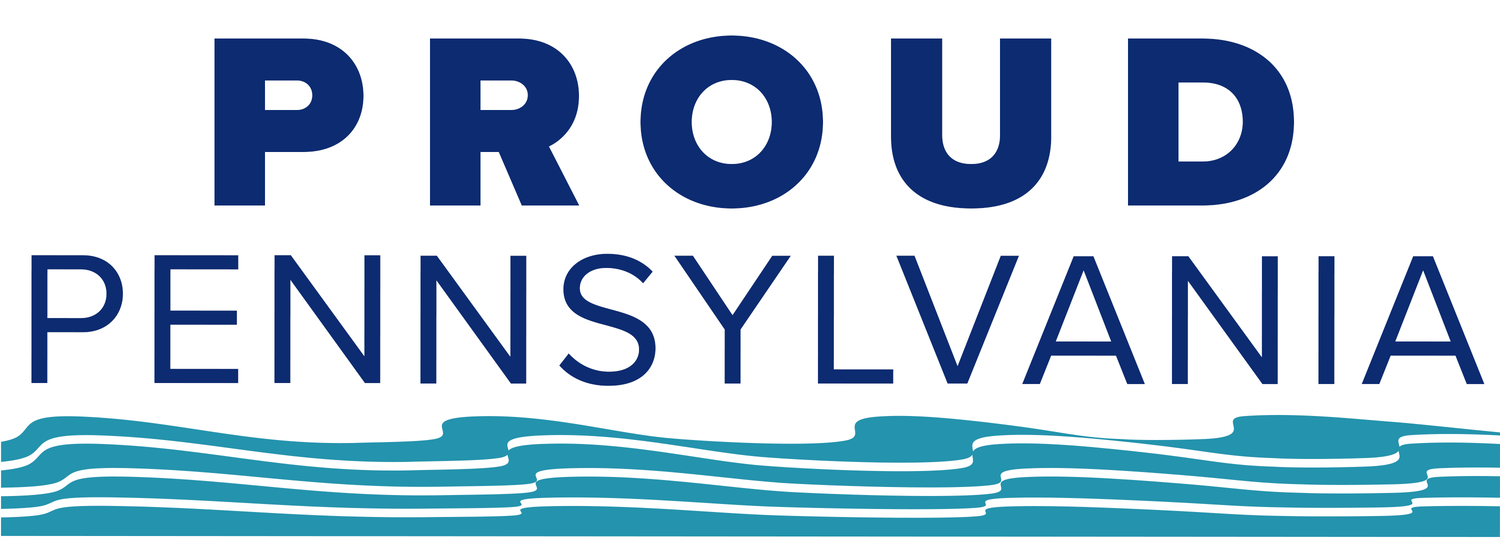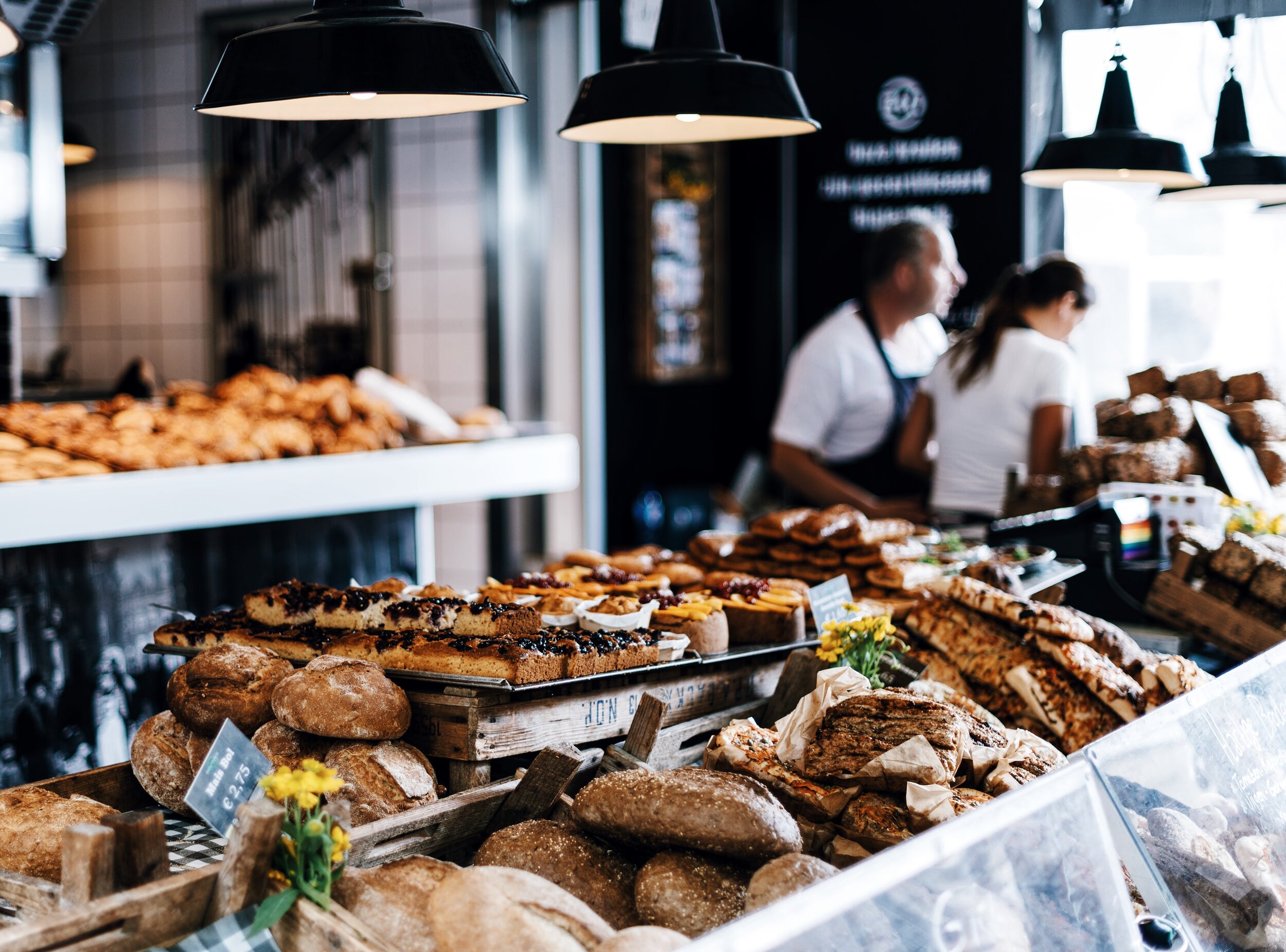Building Sustainable Regional Economies
Traditional economic development strategies based on increasing global exports and imports, and providing corporate subsidies from our tax dollars have increased the wealth and power of multinational corporations, while draining capital from our communities. We’ve become dependent on carbon-intensive, corporate controlled long distance shipping routes, vulnerable to disruption by climate chaos, to deliver the goods we need to survive.
By developing a state economic development plan to build regional economies with local supply chains, we can replace imports with local production and increase our self-reliance in basic needs such as renewable energy, sustainable agriculture and food processing, sustainably grown fiber and clothing manufacturing, and green building materials. We can create many new businesses through developing an industrial hemp industry and replace imported pharmaceuticals by cultivating medical cannabis and other medicinal plants.
Rather than subsidizing big box stores and chains found anywhere, state policies can support local, independent retailers; especially those that sell merchandise that is locally produced such as food, fashions, furniture and artisans goods. Local businesses give character and identity to the Main Streets of our towns and cities, increase prosperity and build vibrant, joyful community life. The happiness and sense of well-being we find in visiting farmers markets and meeting those who grow our food, is multiplied when we know who bakes our bread, brews our beer, roasts our coffee, churns our ice cream, and makes our clothing.
Our state’s magnificent mountains, forests, streams and lakes are resources to be cherished. By protecting our natural recreation sites, supporting local arts and culture, including Native American heritage sites, and enhancing Main Streets with unique local shops, farm-to-table restaurants and local breweries and distilleries, Pennsylvania can grow our tourism industry and the jobs it brings. For locals, there is much to discover in our own home state. Rather than burning carbons to fly to distant resorts, we can drive electric cars to visit our state parks and spend our money in our small towns, helping our state to grow prosperous local economies, while enjoying all that Pennsylvania has to offer.
The localism movement is well underway with a booming local food system. Local entrepreneurs are increasingly buying from local supply chains and consumers are shifting purchasing habits to support locally owned businesses. Local investment opportunities are increasing. When we invest locally, we get the benefit of not only a financial return, but a “living return” of living in more healthy and prosperous communities.
We Urge our state legislators to:
Develop a statewide economic development plan to build regional economies that replace corporate controlled imports with local production of basic needs such as food, fiber and fuel, which will create jobs, build community wealth, and increase local economic self-reliance and resilience in the face of a changing climate. Champion local business ownership, and encourage sourcing from local supply chains, providing meaningful living wage jobs, and working in harmony with natural systems. Support the development of cooperative business ownership – worker, consumer and producer cooperatives.
Offer job training in the sustainable economy for former fossil-fuel workers, returning citizens, and marginalized rural and urban communities. Provide local entrepreneurs access to education, capital and the resources they need to build thriving local economies. Ensure that ownership opportunities in growing industries are available to women and minority entrepreneurs.
Value life over money. Lead us in building a conscious economy where consumers, investors and business owners make economic decisions, not to maximize profits with narrow self-interest, but to maximize the well being of our communities and the eco-systems that our lives depend on, while making a fair return.



